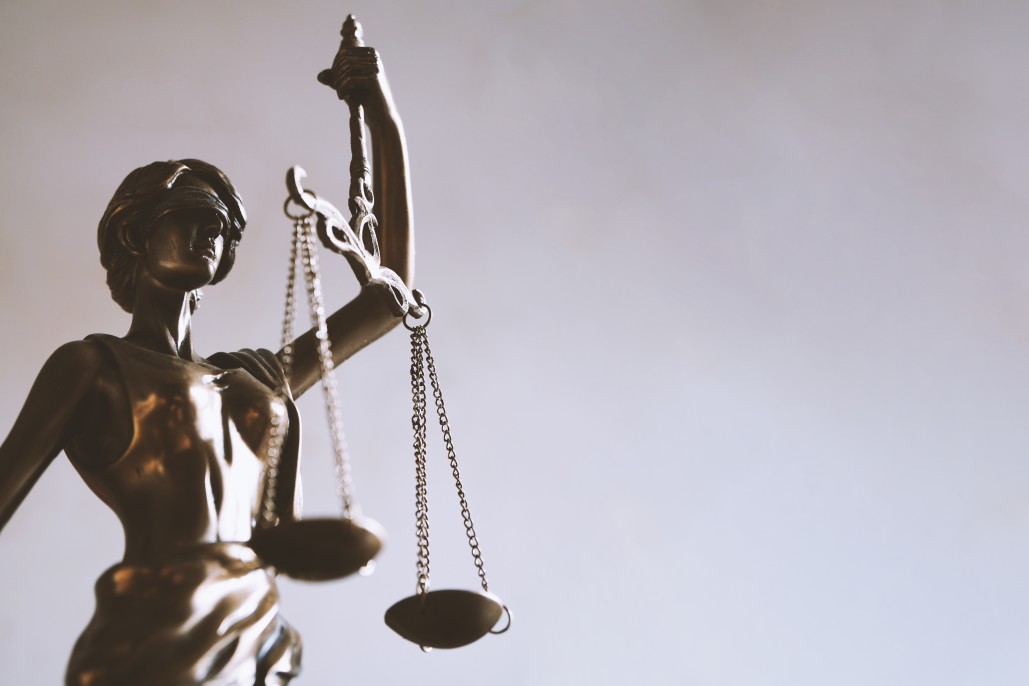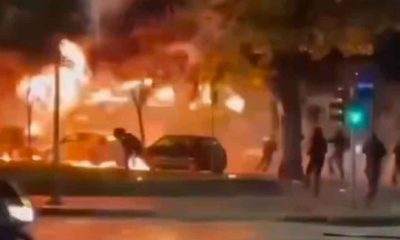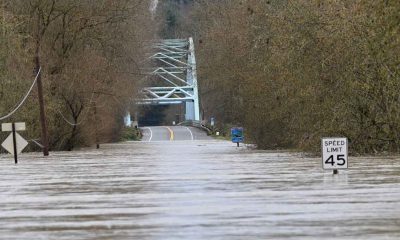BIPOC
Superior Court Judge Ramsmeyer upholds protesters’ claims of discrimination
Today’s decision applies Washington Law Against Discrimination to public rights of way and allows the case to move forward.

[SEATTLE] – (MTN) Superior Court Judge Judith H. Ramseyer rejected the City of Seattle’s attempt to dismiss a lawsuit for wrongful death, personal injuries, and civil rights violations. Attorneys from Stritmatter, Kessler, Koehler, and Moore, and co-counsel Cedar Law PLLC filed the suit last fall on behalf of more than 60 plaintiffs who participated in Black Lives Matter protests. The plaintiffs, including the survivors of Summer Taylor, claim that policing decisions were based on discriminatory practices and negligence causing injuries and death.
In court today, lawyers representing the city argued that the Washington Law Against Discrimination (WLAD) is only applicable for employer-employee law. Lawyers representing the city stated that applying WLAD to this case would be a “radical departure of the law” and represented a new legal theory. “We’ve seen the difference between how the police have handled other protests such as the women’s march and blue lives matters protests versus those for Black lives,” said attorney Sarah Lippek of Cedar Law, PLLC. “We think the differences in treatment are discriminatory.”
The city’s argument was, in part, that since protesters are not city employees, the protesters were not protected by WLAD even if the city behaved in a discriminatory way. Karen Koehler argued that protesters of all races advocating on behalf of Black lives and then brutalized by police due to their advocacy should be covered under the non-discrimination law.
Judge Ramseyer sided with the plaintiffs and upheld the claim that authorities’ actions over the summer could be considered discriminatory under WLAD. “The judge upheld our cause of action that protesters of all races advocating for Black lives could bring discrimination claims against the police for their brutal and disproportionate response,” said attorney Lara Hruska.
Another finding in today’s case is that the streets are “places of public accommodation” protected under WLAD. In 2019 the Washington State Supreme Court found that places of public accommodation are broadly defined as facilities or businesses used by or open to the public. Judge Ramseyer’s decision expands that protection. “The court decided that the streets are an area of public accommodation, and the police can’t discriminate against protesters on those streets,” said Lippek. “I mean, what is more public than the streets?”
DISCLOSURE: Renee Raketty, field editor for Malcontent News is a plaintiff in this case.










